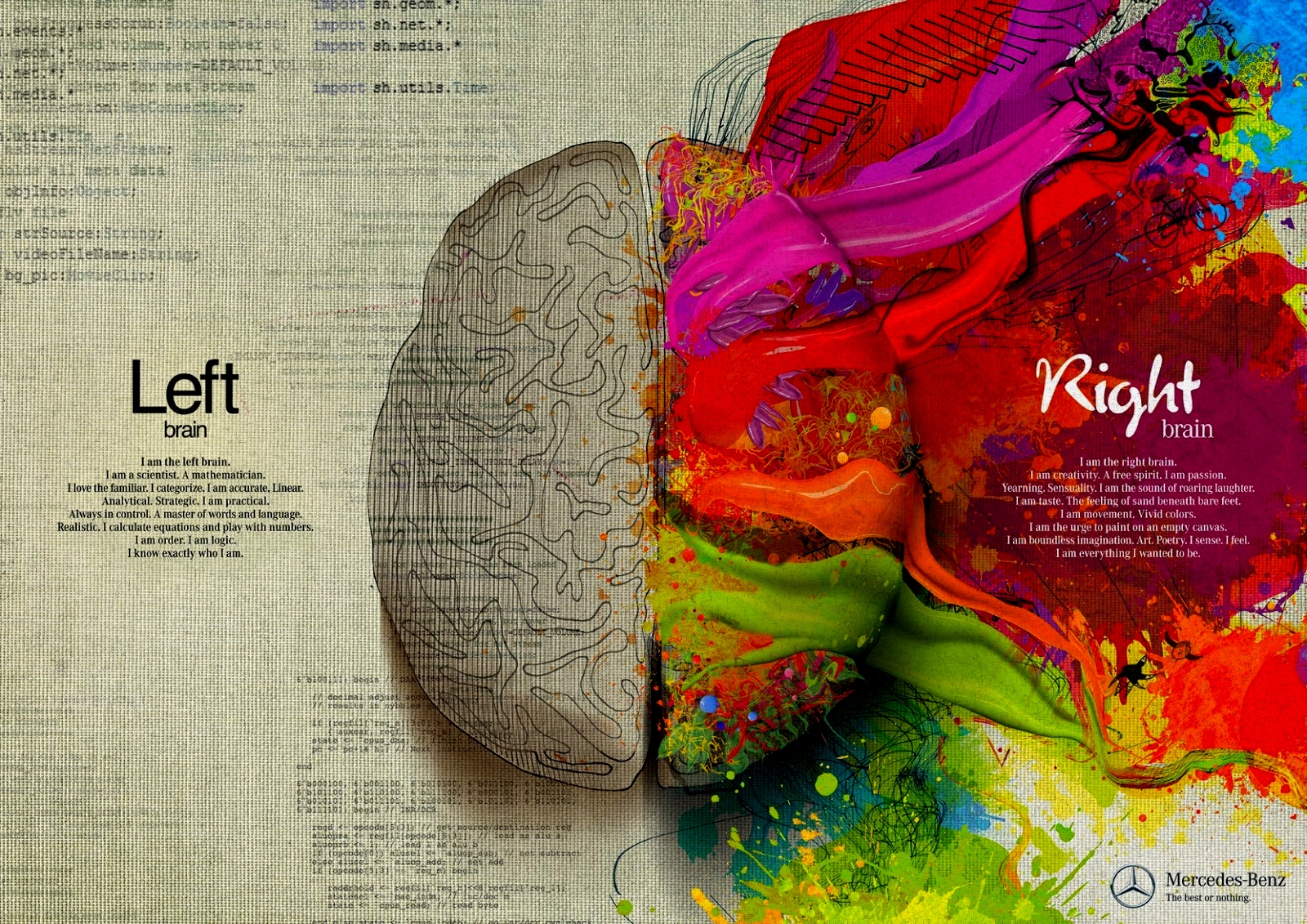Magic Mushrooms For Your Mental Health
When you think of psychedelic drugs, what comes to mind? If the first images your mind conjures up are hippies lying on the floor listening to Pink Floyd, you might be interested to know that psychedelic compounds have actually been used in a medical setting for a great part of human history. “Magic mushrooms” are one example — over 100 natural types of mushrooms contain the active (and hallucinogenic) compound psilocybin, which has shown strong potential in scientific trials as an effective therapy for numerous mental health problems, such as obsessive-compulsive disorder (OCD), depression, anxiety and alcohol addiction.
Even though the studies (linked above) supporting these claims are small, they showed incredibly powerful and similar results — following one dose of psilocybin, almost all patients had an immediate reduction of their symptoms that continued to last for months. For some mental health conditions such as OCD, no other types of treatments have demonstrated such strong signals of efficacy. So how does it work? Scientists don’t understand exactly, but it could have to do with how psychedelics temporarily disrupt negative thought cycles during a trip by interrupting how the brain talks to the “self”; those thought cycles can then effectively be “restarted”, which might break the cycle that’s causing the condition by creating an openness to new thoughts.
The field of psychedelic research isn’t new. The US government had already supported and funded over 140 medical studies on psychedelic drugs before the Controlled Substances Act of 1970, which labeled psychedelics as highly dangerous with no potential medical purpose. This has made it difficult to carry out controlled studies on the compounds. However, inspired scientists are finding ways to conduct innovative research, such as a new method of “microdosing” psilocybin — where someone takes a very small dose, far below recreational, in order to improve creative thinking abilities (here’s a link to new data on the topic).
Unfortunately there’s still very limited research from this century on the compound being used as a therapeutic. That’s why last month marked a milestone in psychedelic research -- the U.S. Food and Drug Administration (FDA) greenlighted a new clinical trial for the use of psilocybin for treatment-resistant depression (TMD). London-based Compass Pathways received permission to move forward with their Phase 2b study of psilocybin therapy for TMD in North America and Europe — the first study of its kind in the US.
The story of how Compass began doing this type of research is a personal one. It’s run by a husband and wife who watched their son develop depression that was resistant to every treatment. The couple (who had backgrounds in public health and psychology) began doing their own research. They continued to encounter literature and anecdotes claiming that psychedelic drugs, including psilocybin, could help treat mental health conditions, including depression. Even though they weren’t personally experienced in taking mushrooms, the couple believed in the power of the data.
They started Compass and developed “psilocybin therapy”, wherein a hallucinogenic dose of pharmaceutical-grade psilocybin is administered alongside tailored psychological counseling for the patient during the “trip”. The preliminary results are promising, with all of the study participants experiencing immediate improvement in their depression, and more than half of them continuing to improve three months after therapy. None of them had any significant adverse events — something rarely seen in pharmacological trials of more traditional antidepressants. It’s worth noting that the study didn’t have a control group, which does leave open the possibility that it wasn’t the psilocybin that improved patients’ depression symptoms, but the expectation that it could.
High-profile investors like Peter Thiel add excitement to Compass’s research, because with enough support, a Phase 3 trial could potentially change the public conversation about psychedelics and begin to emphasize their helpful medical uses. And it’s not just psilocybin. Other recreationally-used drugs are also demonstrating clinical applications; Ketamine and MDMA are being explored as breakthrough treatments for TMD and post-traumatic stress disorder (I might go into detail on these in different posts).
Depression and other mental health conditions are already difficult to treat with traditional pharmaceuticals and methods. There is mounting scientific evidence for using non-traditional drugs to treat these conditions in a controlled therapeutic setting. More positive data might lead to a perception shift by the public and a loosening of restrictions by the government, which would enable scientists to conduct more rigorous studies to add value to the pioneering work that has already begun.

